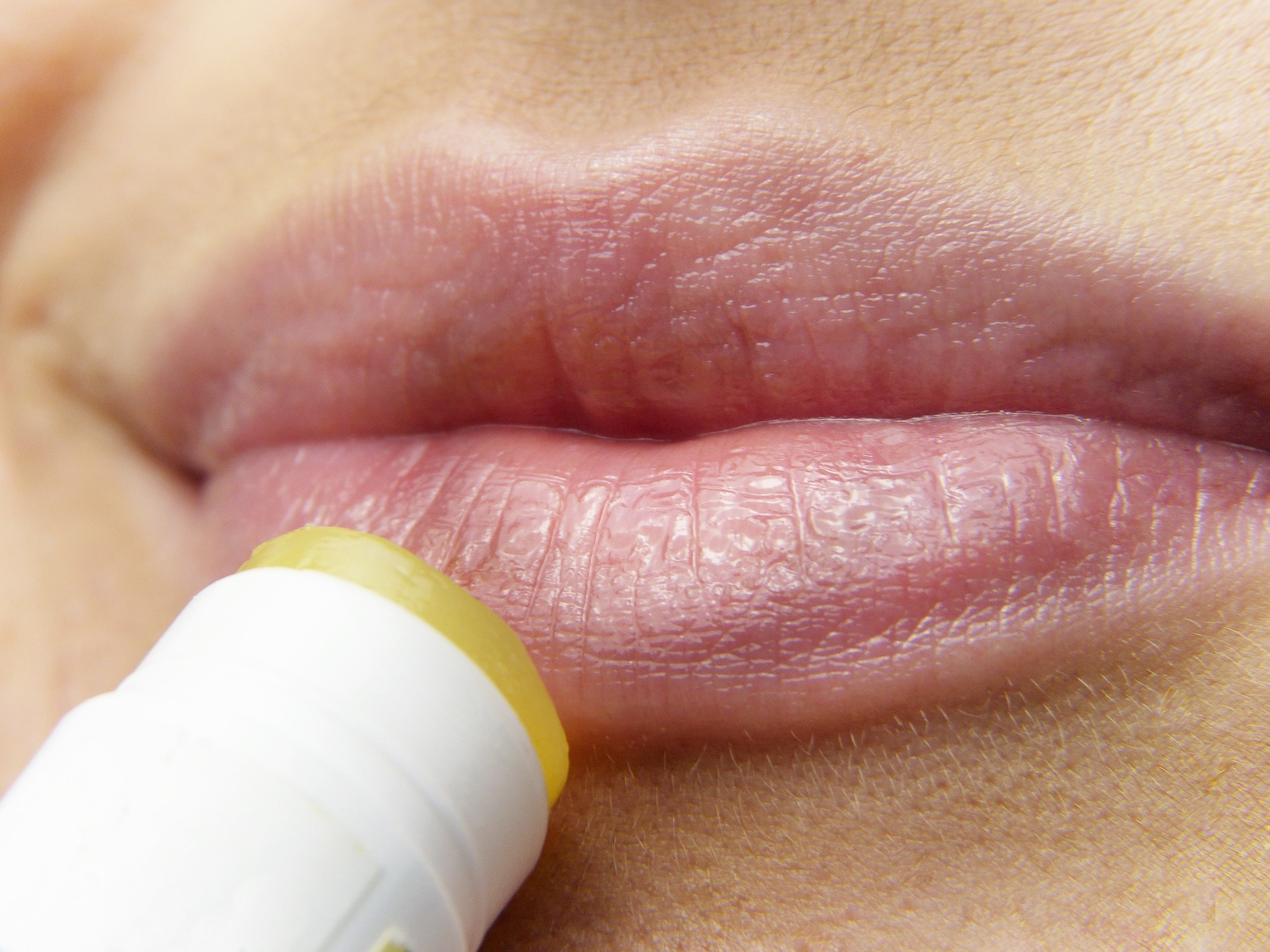Practical Lip Care for Soft, Healthy Lips
Lips are exposed and delicate, so simple daily habits make a big difference to comfort and appearance. This article explains why lips need different treatment than other skin, when to use lip balm, how lip care fits into your broader skincare routine, the role of moisturizers, and how lip care contributes to beauty routines. Read on for practical, evidence-informed tips you can use every day.
This article is for informational purposes only and should not be considered medical advice. Please consult a qualified healthcare professional for personalized guidance and treatment.
How are lips different from other skin?
Lips lack many features of regular skin: they have a thinner outer layer, fewer oil glands, and a higher density of sensory receptors. Because they don’t produce much natural oil, lips lose moisture more quickly and are more prone to dryness, chapping, and irritation. Environmental factors such as wind, sun, and cold weather can accelerate water loss. Understanding these differences helps explain why standard facial creams are not always ideal for lip care and why products designed specifically for the lips can perform better at sealing in moisture and protecting the thin skin.
When should you use lip balm?
Lip balm is useful whenever your lips feel dry, tight, or start to peel, and it can be used preventively in harsh weather. Look for balms with occlusive ingredients (like beeswax or petrolatum) to create a barrier, and humectants (like glycerin) that attract and hold moisture. Apply a thin layer after cleansing, before going outdoors, and at night to help restore hydration. Avoid over-application that leads to dependency; instead, maintain consistent, measured use and address underlying causes of chronic dryness such as dehydration, medication side effects, or nutritional factors.
How does lip care fit into skincare routines?
Lip care complements a skincare routine by protecting one of the most visible areas of the face. Include lip care after cleansing and after applying your facial sunscreen and moisturizer. At night, use a slightly richer balm or a dedicated lip mask to support repair while you sleep. Be mindful when exfoliating—gentle mechanical or chemical exfoliation can help remove flaky skin, but should be done sparingly (once or twice weekly) and followed by hydrating products. Integrating lip care into regular skincare keeps texture even and reduces the chance of irritation from makeup or environmental stressors.
What role does moisturizer play for lips?
Moisturizers for the face often contain water-based ingredients and are formulated for barrier-supporting lipids; many are not intended for the thin lip skin. For lips, a targeted moisturizer or balm that combines humectants (to draw moisture in), emollients (to soften skin), and occlusives (to lock moisture in) tends to be most effective. Overnight treatments with petrolatum or plant-based oils can provide extended protection. If you prefer lighter options during the day, choose formulas with SPF for sun protection and non-irritating scents or flavors to lower the chance of contact dermatitis.
Can lip care be part of beauty routines?
Yes—lip care supports cosmetic outcomes by creating a smooth base for color products and a healthy-looking finish without exaggerated flaking or splitting. Regular maintenance such as gentle exfoliation, daily hydration, and occasional overnight masking improves the way lipsticks and glosses sit and wear. Consider compatibility between lip care and makeup: some balms can affect lipstick adherence, so a balance between prepping lips and allowing color to set is useful. Attention to lip health also enhances overall facial symmetry and contributes to a polished, well-cared-for appearance.
Conclusion
Consistent, simple practices—protecting lips from environmental stress, applying appropriate balms and moisturizers, and integrating lip care into your skincare and beauty routines—help maintain comfort and appearance. Pay attention to underlying causes if problems persist, and choose products with straightforward, non-irritating ingredient lists. With modest daily care tailored to the lips’ unique needs, you can reduce dryness, improve texture, and support healthy-looking lips over time.





